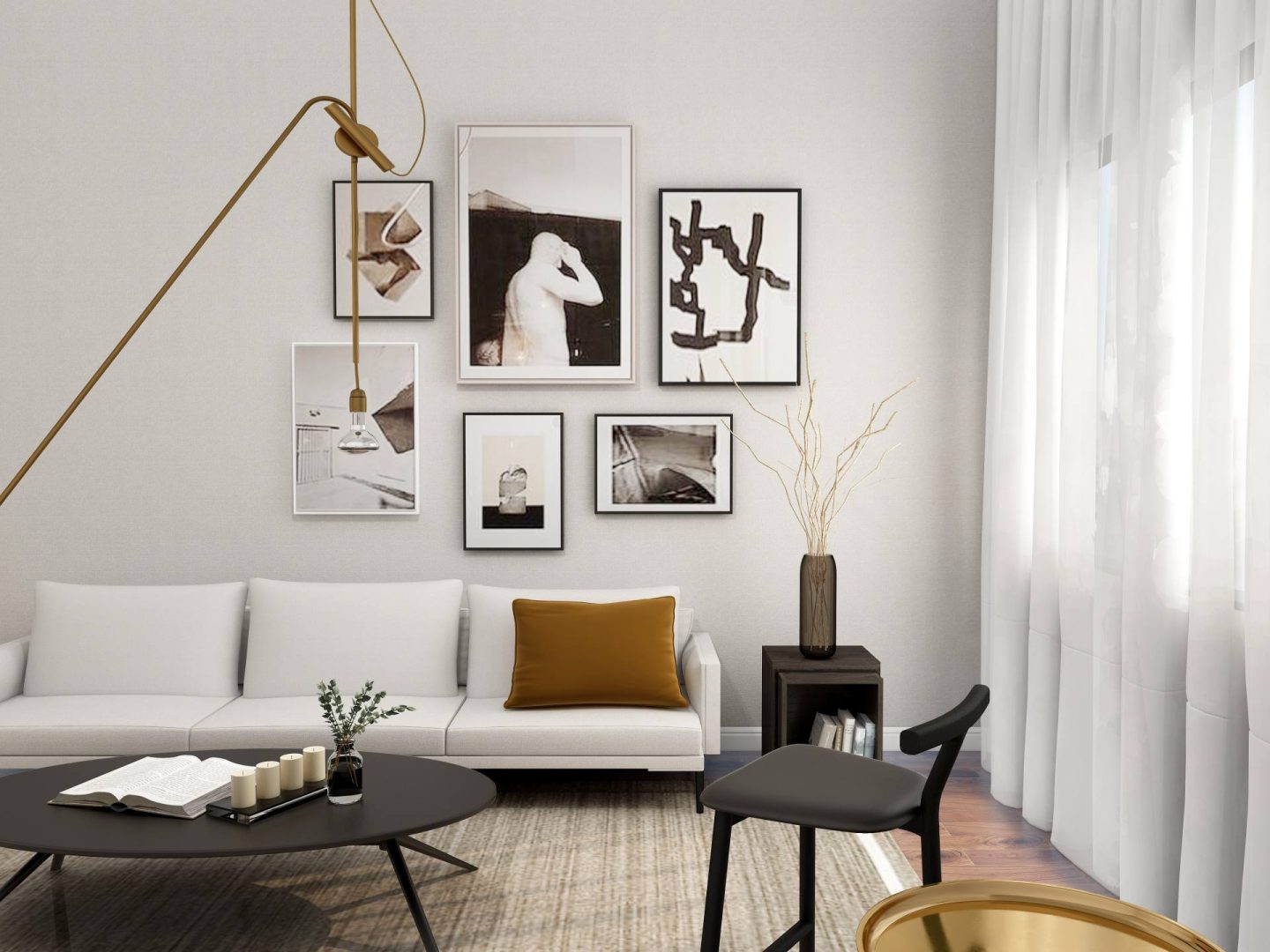*Collaboration
With rising house prices and a growing desire for stability, many Brits are seeking a place to live in for decades to come. Yet with a wide range of factors to account for, finding the right property demands a thoughtful and thorough approach. So, what should you consider?

Below, we explain how to find your forever home.
Set a budget
To avoid any disappointments, it’s crucial to establish a realistic budget before starting your search. It’s not just the purchase price but also the long-term financial implications of buying and moving.
Remember, buying a house is an investment in your future, so while it’s tempting to stretch your budget, ensure you’re not compromising your financial stability.
Think about your future
Look beyond your current needs and anticipate potential changes, including if your family might grow or shrink over time. Will you need space for children, or perhaps an office as remote working becomes more prevalent?
Think about accessibility as you age. A property with stairs might seem manageable now but could pose challenges in later years.
It’s also worth judging energy efficiency and sustainability, as these factors are likely to become increasingly important in the coming decades.
Pick location carefully
Although you can change many aspects of a house, location isn’t one of them.
Examine not just the current state of the area, but local plans for future development. If you’re concerned about safety, use CrimeRate to access local crime statistics so that you make an informed decision.
Write down your daily routines and evaluate whether the location fits into them. Are there plenty of good transport links? Is it close to amenities that will remain important to you throughout the years, such as healthcare facilities or green spaces?
Old vs new
Existing properties tend to have more character and larger plot sizes, as well as greater scope for personalisation and value-adding renovations.
On the other hand, new build homes are typically more energy efficient and have lower maintenance requirements, both of which are attractive features if you’re looking to settle long-term.
Ultimately, the right choice depends on your personal preferences and needs.
Evaluate the interior
If you’re going to stay in your new house for the long term, it should be adaptable to your changing needs. Look for flexible spaces that can serve multiple purposes and pay attention to natural light and the flow between rooms. You should also assess the quality of fixtures and fittings – though these can be replaced, high-quality originals can save money and hassle in the future.
Storage is often overlooked but becomes increasingly important the longer you live somewhere, so look at whether the property has adequate built-in storage or the potential to add more.
